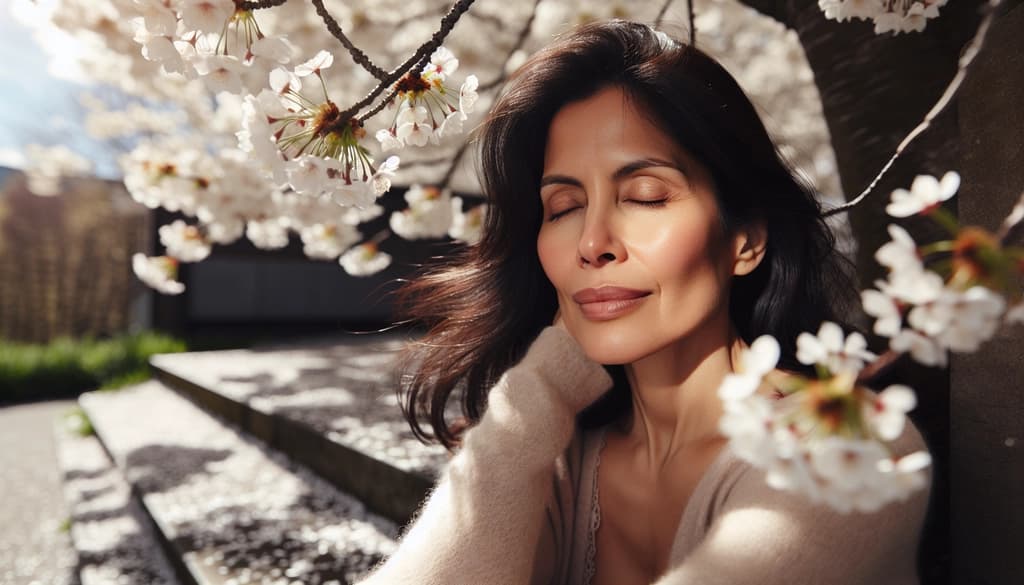What Does Liberation Really Mean in Eastern Philosophy?

Freedom, in so many whispers across east and west, isn’t just about leaving hardship behind. In traditions shaped by Buddhism, Hinduism, and Taoism, liberation (sometimes called mukti, moksha, or nirvana) arises not from fighting what hurts, but from seeing our pain anew. If you’ve ever wondered what actually lies at the root of our struggle, you may wish to explore the deeper perspective found in Why do we suffer; sometimes naming our suffering can be a gentle beginning to understanding and release.
You’re Not Alone in Your Yearning for Release
It’s not uncommon to wish—quietly or fiercely—for some thread that will untangle suffering. Many of us carry invisible knots: the grief that wakes us at night, the shame we thought we had outgrown, the daily fatigue of tending to everyone else before ourselves.
Eastern philosophy does not dismiss pain or shame us for feeling trapped. Instead, it invites a gentle curiosity: What is this suffering made of? What happens if I stop struggling with it and simply notice? Some of these questions turn toward the meaning of dukkha, or the fundamental unsatisfactoriness at the heart of life, as described in Buddhist teachings.
“My meditation teacher once said: Liberation isn’t somewhere you go when life is perfect. It’s how you meet each wave, even the hard ones.”
Freedom From Psychological Pain: Not a Distant Promise, but a Present Practice
Suffering and awakening are braided together in eastern thought. It’s said our deepest pain can become the ground for wisdom—not because it vanishes, but because our relationship to it softens. Liberation in this context isn’t the erasure of wounds. It’s the quietly radical act of seeing the wound, touching it with warmth, and loosening our grip on old stories that bind us. Exploring the end of suffering is not about striving to fix ourselves, but learning to be with what comes, allowing ease to grow gradually.
This kind of freedom often begins not with grand gestures but with ordinary pauses—breathing as you stand at the kitchen sink, noticing resistance as you face an uncertain moment, naming the ache in your chest without trying to fix it. Small mercies, repeated, can dissolve internal struggle over time. These teachings are reflected in the Four Noble Truths explained, which lay out both the reality of suffering and the pathway toward peace.
A Gentle Approach to Dissolving Internal Struggle
If you wish, you might sit for a moment now, just breathing. Notice any tightness inside. Where does striving show up—in your jaw, your shoulders, your heart? There is nothing you must change in this moment. Let your attention fall softly on what hurts, as if you were holding a friend’s hand. This is the beginning of liberation: meeting struggle with radical tenderness, rather than force. For some, reflecting on letting go of attachment gently loosens the inner grip and makes more space for compassion.
“I thought freedom would feel like leaving my old life behind. Instead, it arrived on an ordinary afternoon: I saw the ache in my chest and let myself rest, just for a breath.”
What Eastern Wisdom and Science Both Remind Us
Modern psychology echoes these ancient understandings: Research on mindfulness and self-compassion shows that acknowledging suffering—without self-criticism—begins to quiet the brain’s circuits of fear and shame. Our lived experience becomes lighter not because circumstances change, but because our fight with ourselves eases. And as traditions like Hinduism teach, there is an ultimate freedom known as moksha, which points to a release from all limiting identifications—a teaching that can inspire even the smallest acts of letting go.
Letting Freedom Unfold in Ordinary Moments
What if liberation is not a peak you conquer, but a gentle returning—again and again—to your own kindness? Even in the thick of daily demands, you might find a moment to pause: when you pour tea, when you touch a beloved hand, when you feel the sun on your skin. These pauses are small acts of awakening and soft surrender. Freedom, here, is the breath of self-compassion woven through the fabric of an ordinary day. Noticing how desire is connected to suffering may help you see that loosening certain wants is less about denial and more about creating space for peace.
May you know that you are not alone in your longing for ease. Suffering and awakening are not opposites; they share the same ground. In every pause, in every softening, a seed of liberation is planted. May you rest into your own care, just as you are.
